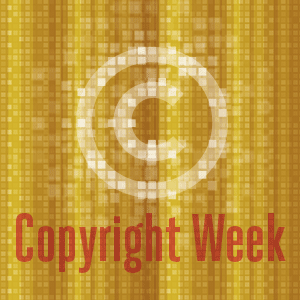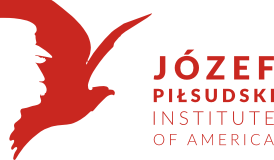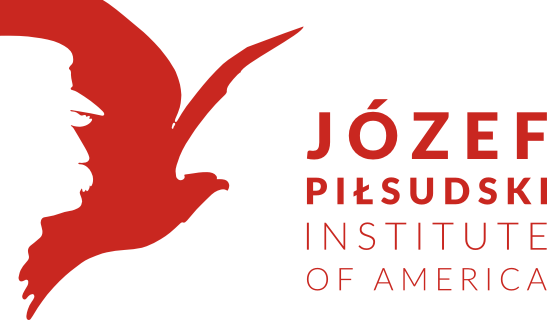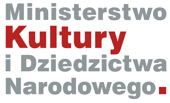 Recently (13-18) the Electronic Frontier Foundation (EFF) organized the Copyright Week to remind us what can we do to keep and exercise our rights under the law, and how to work on improving it. For each of the (daily) topics, the participating institutions contributed articles, blogs and other material. It is a fascinating lecture, well worth reading. Below is a short review illustrated with excerpts from selected texts.
Recently (13-18) the Electronic Frontier Foundation (EFF) organized the Copyright Week to remind us what can we do to keep and exercise our rights under the law, and how to work on improving it. For each of the (daily) topics, the participating institutions contributed articles, blogs and other material. It is a fascinating lecture, well worth reading. Below is a short review illustrated with excerpts from selected texts.
Transparency
After the public outcry over ACTA and SOPA, the US Congress tries again to keep the new proposed law secret. This time it is the TPP, which, if enacted, could bury the new copyright provisions in secret treaty negotiations. As before, the legislators fear public scrutiny, while consulting with the industry.
“The leaked ‘Intellectual Property’ chapter of the Trans-Pacific Partnership agreement confirmed our worst fears: Big Content companies are pushing extreme copyright provisions in a secret trade deal that would put restrictive controls on the Internet. While Hollywood has had easy access to view and comment on draft texts—so it can get the provisions it wants—our own lawmakers have been mostly left out”. - EFF
Building and Defending a Robust Public Domain
Organizations like Internet Archive, Creative Commons, Library Copyright Alliance, American Library Association and others all express their concerns over the recent attempts to copyright the rules of law, and other attempts to limit access to genuine public domain resources.
“In order to make public domain determinations a less daunting task, the Open Knowledge Foundation has been working on the development of the Public Domain Calculators – a tool that enables people to determine the copyright status of a work (in the public domain, or not), thus helping users realize the value of artworks from the past.” - Open Knowledge Foundation
Open Access
What is public should be publicly accessible. Progress of knowledge and culture depends of free sharing of scholarly works and research data. In 2013 the White House has issued a directive stating that all publicly funded research should be made publicly available in repositories. How is it implemented? What can we do to return public knowledge to the public?
“In short, we have taxpayer funded research for which the publisher pays nothing, but gets the entire copyright, and then they sell the journals back to academic institutions for subscriptions often well over $100,000 per year -- and the research is completely locked up. Even more insulting in all of this, copyright was never the reason that the research was done in the first place.” - TechDirt
You Bought it, You Own it
This simple rule allows you to do anything you want with the book or a CD you bought. You can give it to a friend, rent, sell. This rule applies in the US, but not is many European countries. But what about the software you bought for your computer, or an e-book bought on Amazon. Did you really buy it? Do you have the same rights as with the book?
“...the patron reading books on their Nook are [...] lessees, parties to some sort of Terms of Service or End User License Agreement. Such agreements remove information transactions from the land of copyright and place in the land of contract. It is a dismal landscape indeed, often stripping users of rights hard fought and hard won under the copyright law’s list of limitations on exclusive rights.” - American Library Association
Fair Use Rights
There is a lot you can do with a material that is copyrighted. Without the Fair Use doctrine you could not even mention it. Google could not provide summaries of the news. Making screenshots would be illegal, as well as quoting a sentence or a paragraph. It important to exercise your rights and use the material as you need it, within the Fair Use.
“The next time you set your digital device of choice to record your favorite show so you can watch it whenever you want, take a moment to be thankful that you’re protected from lawsuits from the entertainment industry. For on January 17, 1984, the Supreme Court of the United States ruled that consumers could tape their favorite TV shows and watch them later without the copyright holder’s consent. Such action, the Court decided, didn’t constitute copyright infringement because it was fair use, that is, a limitation and exception to the exclusive rights granted by copyright law to the author of a creative work. - Benetech technology
Getting Copyright Right
Copyright Law is what it is, shaped in the last decades more by the financial interest of the big owners than the needs of the society. There is an discussion on how to make copyright work as originally intended, to make it work for everybody’s benefit in 21 century. You can publicly comment on how to fix European Union Copyright and more.
“Copyright has a valid purpose in that fostering of creativity. It encourages artists, writers, etc. to develop new and original ideas which can then be experienced by others. It serves as a way to recognize individuals for their creative achievements. However, copyright should never be so restrictive as to limit creativity and stifle growth. The free sharing of ideas and thoughts in many ways should be used to create new works from new creators who can then obtain copyrights for those works. - Organization for Transformative Works
Read all media contributions to the EFF Copyright Week, which is repeated every year
Marek Zieliński, February 4, 2014









